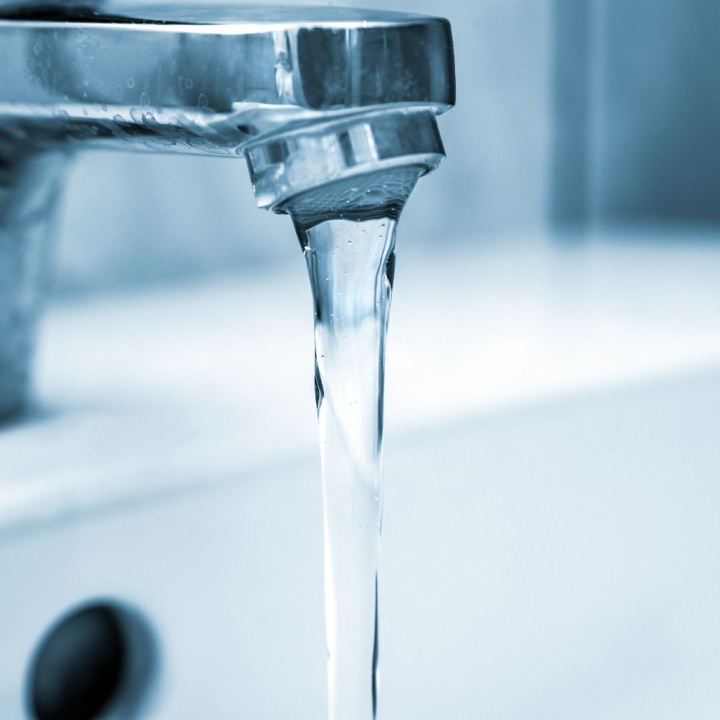With almost three quarters of Brits (74%)1 not knowing whether they have hard or soft water, we’re here to share insights on the differences between the two and give guidance on how to ascertain your water type.
- What is Hard Water?
- What is Soft Water?
- Diagnosing Your Water Type
- Signs of Hard Water
- Signs of Soft Water
- What To Do if You Have Hard Water?
- What to do if you have Soft Water?
- Common Questions About Water Hardness & The Problems of Hard and Soft Water:
- Why Is Hard Water a Problem?
- Where Does Hard Water Come From?
- Are There Any Health Risks Associated With Soft Water and Hard Water?
There are significant differences between hard and soft water, each with subsequent effects on daily life, these include:
Hard Water:
- Causes scale build-up in pipes and appliances, leading to reduced water flow and decreased efficiency
- Results in soap scum formation on surfaces and reduces the effectiveness of soap and detergents, requiring the use of larger amounts for cleaning
- Can leave mineral deposits on dishes, clothes, and fixtures, affecting their appearance and longevity
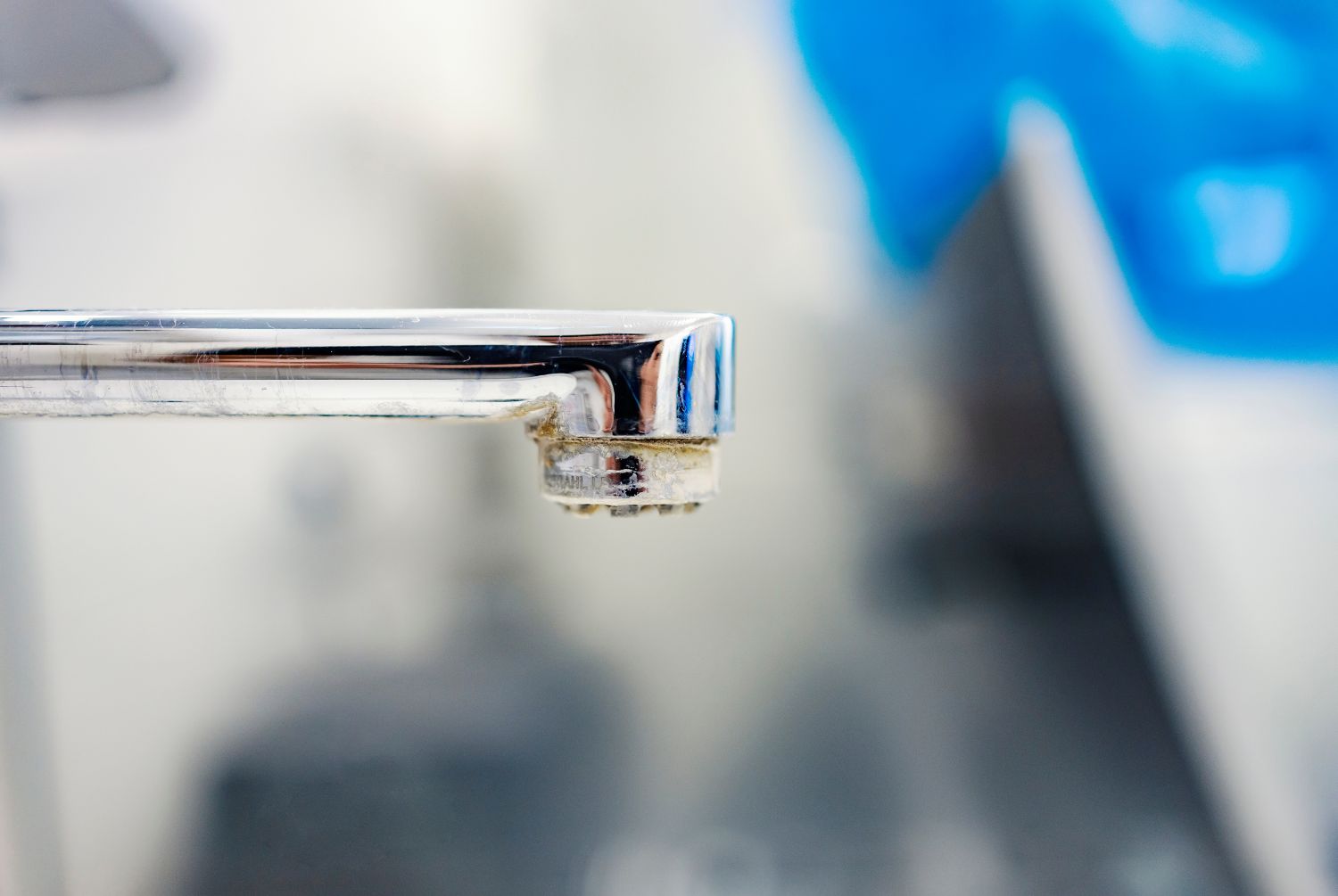
Soft Water:
- Enhances soap lathering and cleaning effectiveness, requiring less soap or detergent for laundry, dishes, and personal hygiene
- Reduces the formation of soap scum on surfaces, making cleaning easier and requiring less effort
- Extends the lifespan of appliances and plumbing by preventing scale build-up, leading to lower maintenance costs
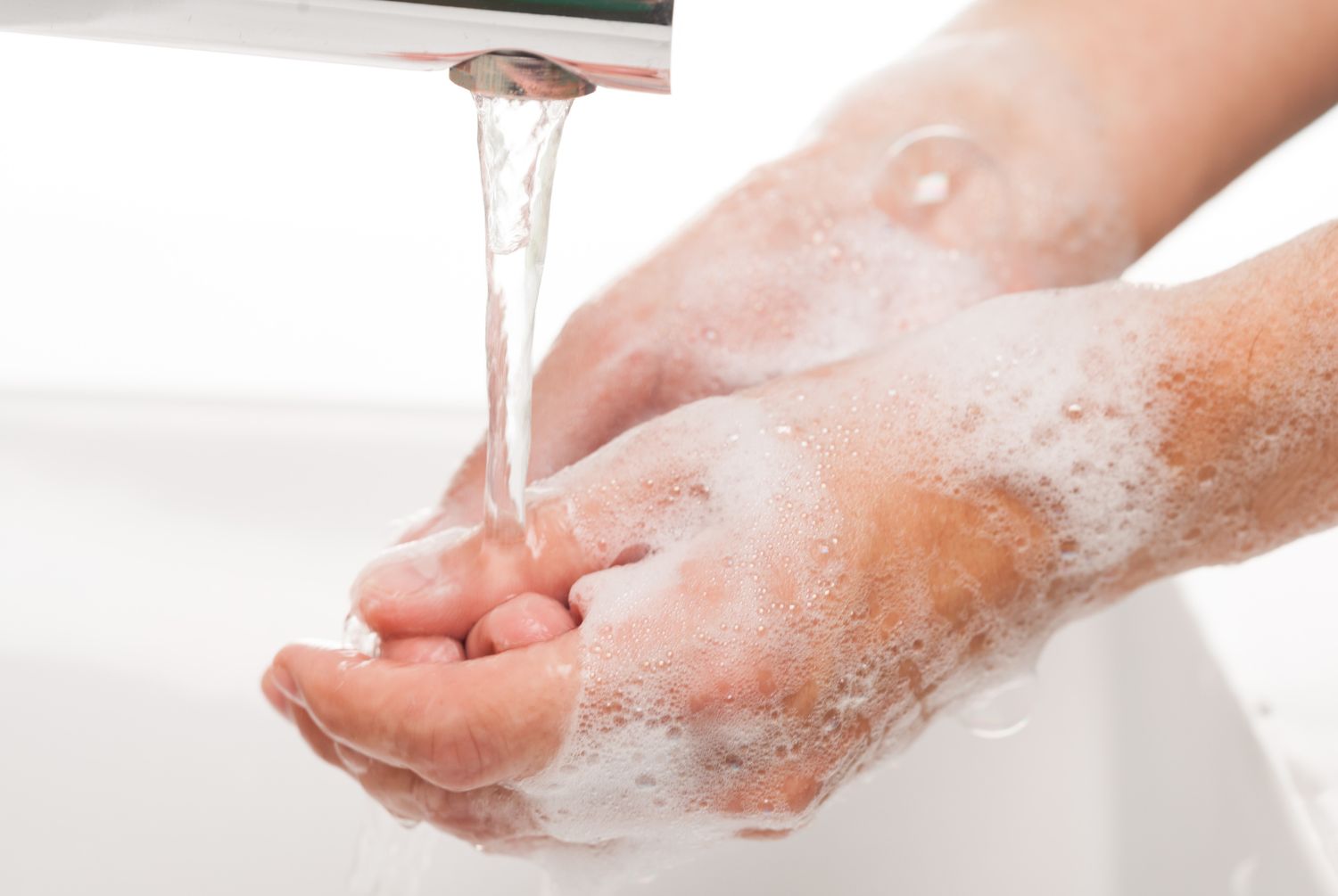
What is Hard Water?
Hard water is water that contains high concentrations of dissolved minerals. This can come in different levels, ranging from slightly hard to very hard.
One effective approach involves utilising white vinegar to eliminate limescale. To execute this method, simply detach the shower head or tap, soak it overnight in a blend of warm water and white vinegar, then rinse and reattach. Alternatively, for a long lasting solution, consider upgrading your shower head or taps.
What is Soft Water?
Soft water is typically obtained through water softening systems. These systems work by removing the minerals from the water, which are responsible for water hardness.
The most common method used for water softening is ion exchange, where the hard water passes through a resin bed containing sodium ions. As the water flows through the resin, the calcium and magnesium ions are exchanged with sodium ions, resulting in softened water.
Diagnosing Your Water Type
There are many local water reports, such as those available through resources like Water Hardness Map by Aqua Cure, that can provide valuable information about whether your water is hard or soft. But there are also some tell-tale signs which can help you diagnose your water type.
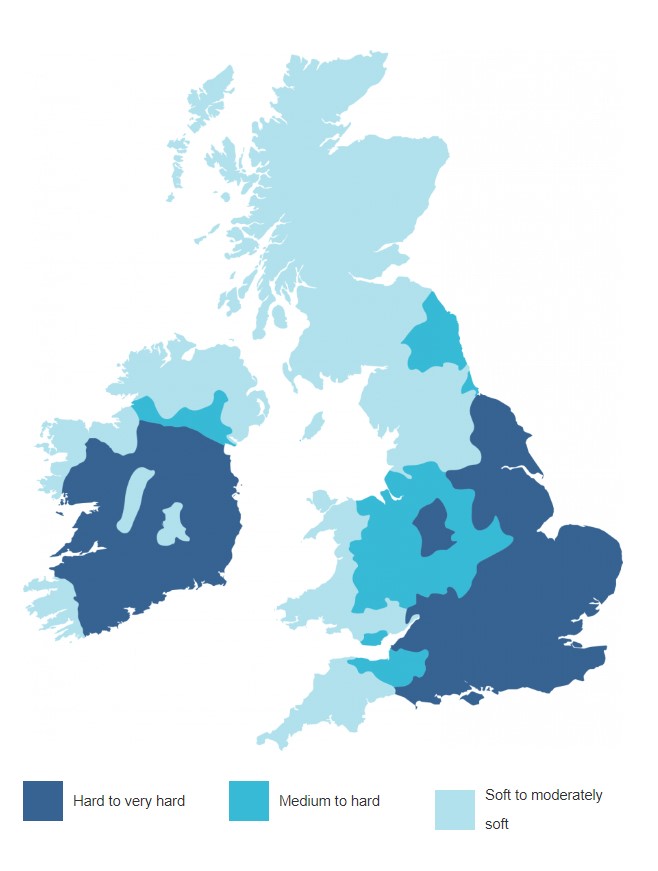
Signs of Hard Water
- Filmy residue on your hands after washing
- The need for prolonged rinsing of soap
- Low water pressure
Signs of Soft Water
- A slippery or slick feeling when washing
- A healthier lather when washing clothes, hands, dishes or even your body
- Cleaner clothes with less wear and tear damage
- A slightly sodium taste in drinking water
What To Do if You Have Hard Water?
If you are noticing some or all signs of hard water from above, there are a few tips and tricks to softening your water.
For Small Amounts of Water:
You could try boiling water to reduce mineral concentration temporarily, though this method isn't practical for large volumes, it will be a short temporary fix.
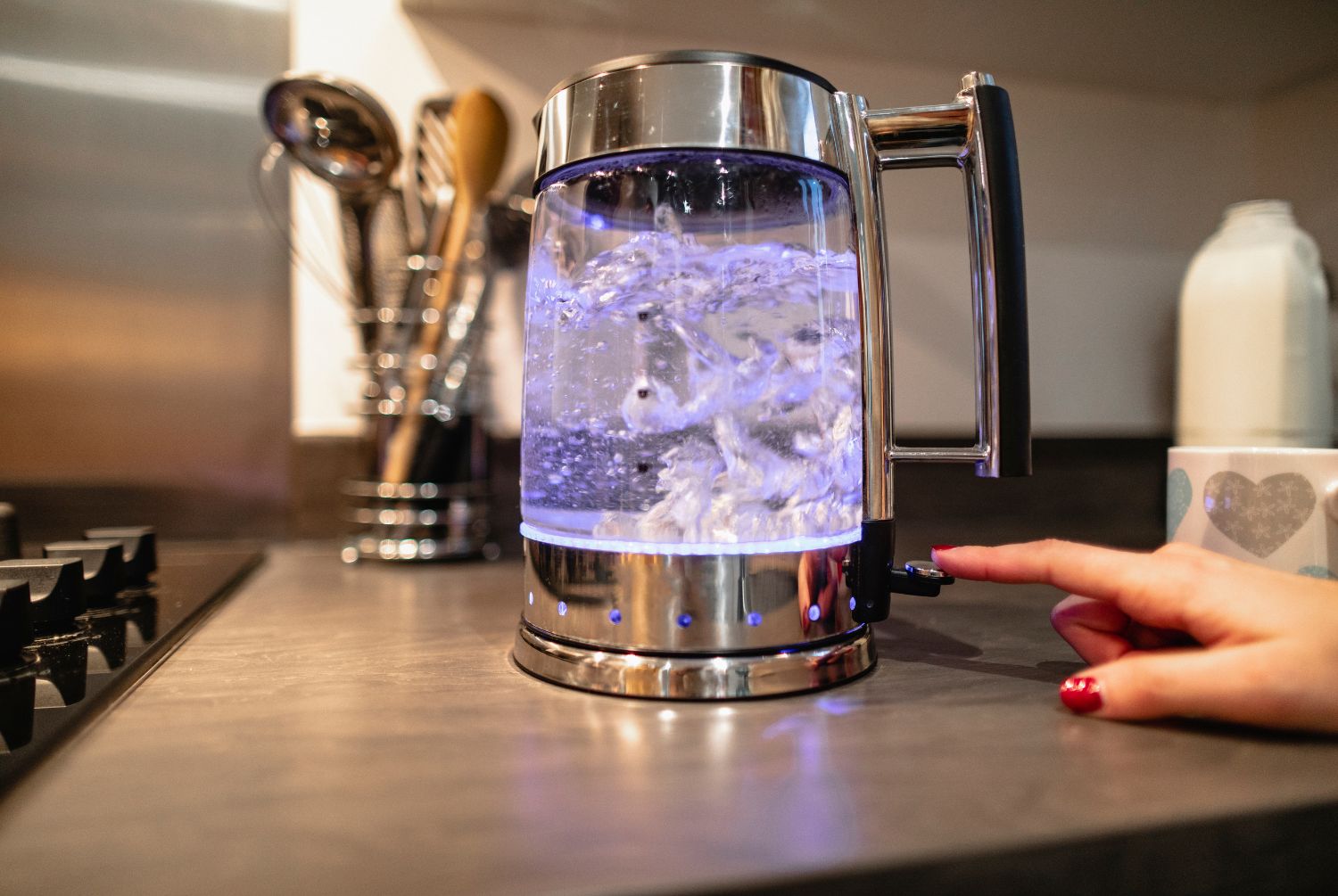
For Laundry:
Also adding washing soda to laundry can improve detergent efficiency, while citric acid can bind to minerals, preventing scale formation, though make sure to not overuse.
For Softer Fabrics:
Adding vinegar during the rinse cycle can also soften fabric and remove soap residue.
For Drinking Water:
Adding citrus juice like lemon or lime can slightly reduce water hardness and improve taste.
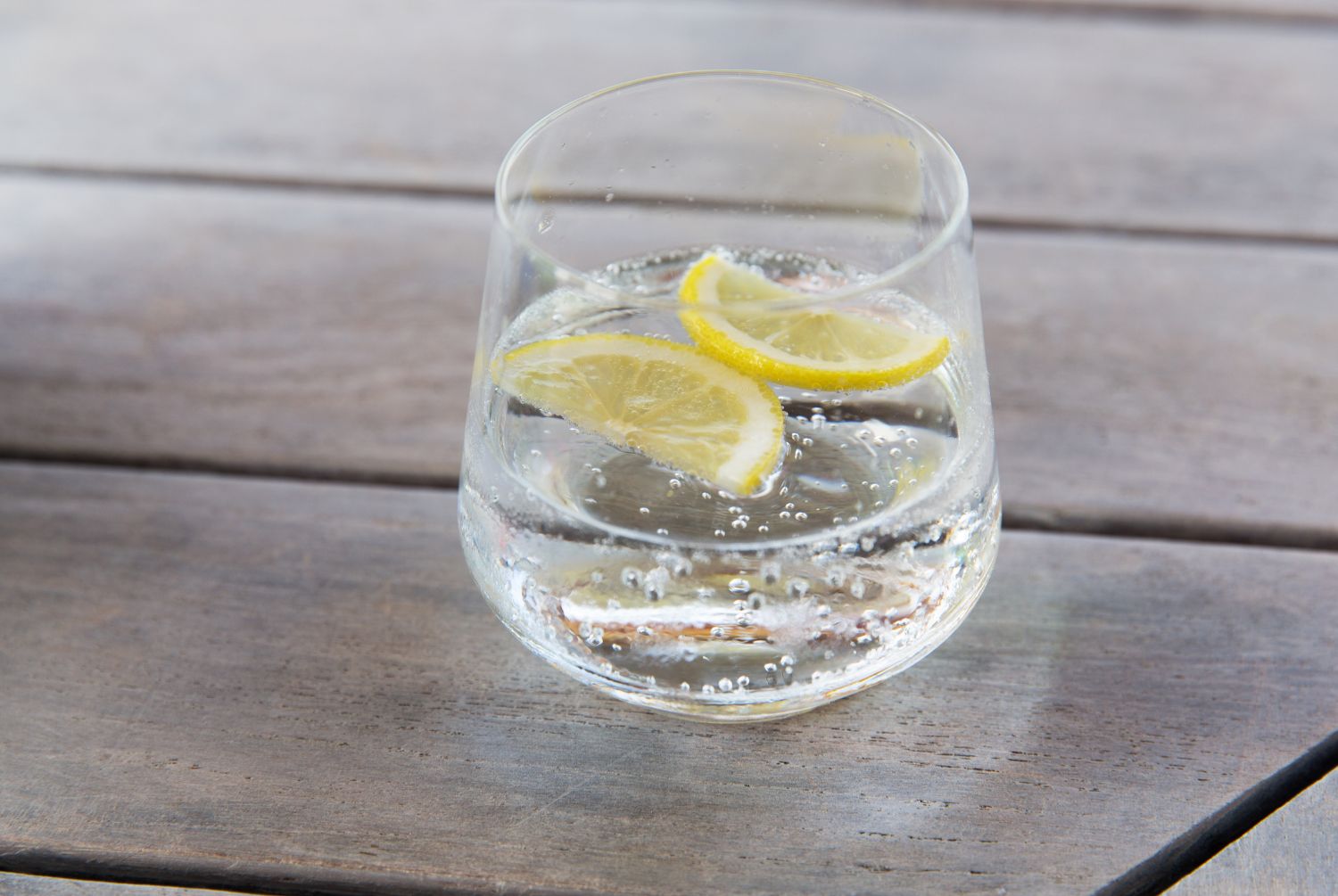
What to do if you have Soft Water?
If you’ve noticed some or all signs for having soft water, you can harden your water by doing the following:
Add water hardening tablets. Follow the instructions provided on the tablets to add the correct amount to your water supply.
Use hard water filters. These are filters that can add minerals back into the water, effectively making it hard.
Common Questions About Water Hardness & The Problems of Hard and Soft Water:
Why Is Hard Water a Problem?
Hard water poses several challenges due to its high mineral content. These issues include reduced cleaning effectiveness of soap and detergents, as the minerals interfere with lathering and cleaning action. Hard water leads to mineral buildup in pipes and appliances over time, decreasing their efficiency and lifespan by restricting water flow and causing damage. Some individuals may experience dry skin and hair when exposed to hard water, as it can strip away natural oils and leave a residue on the skin and hair follicles.

Where Does Hard Water Come From?
Hard water originates from the passage of water through mineral-rich rocks, such as those containing calcium and magnesium. As water percolates through these geological formations, it absorbs minerals, resulting in the characteristic mineral content associated with hard water.
Are There Any Health Risks Associated With Soft Water and Hard Water?
There are generally no serious health risks associated with drinking hard water. However, it can lead to dry skin and hair, with frequent hair washing potentially causing scalp itchiness. Conversely, soft water may pose risks due to mineral deficiencies, particularly if your diet lacks calcium and magnesium. Elevated sodium levels in soft water can be concerning, potentially increasing the risk of high blood pressure. Additionally, soft water may result in undesirable effects such as flattened and greasy hair, as well as a faint salty taste in drinking water.
Beyond Hard vs Soft: Mastering Your Water
So, now you know how to determine your water type. No matter your preference, there are ways to make your water work for you. Knowing how can save you money on appliances, keep your clothes looking fresh, and even improve your hair and skin health.
1 Survey conducted by Sanctuary Bathrooms of 1,503 UK adults aged 18+ with The Leadership Factor (TLF), February 2024, as part of a survey into baths vs showers and bathing habits.
